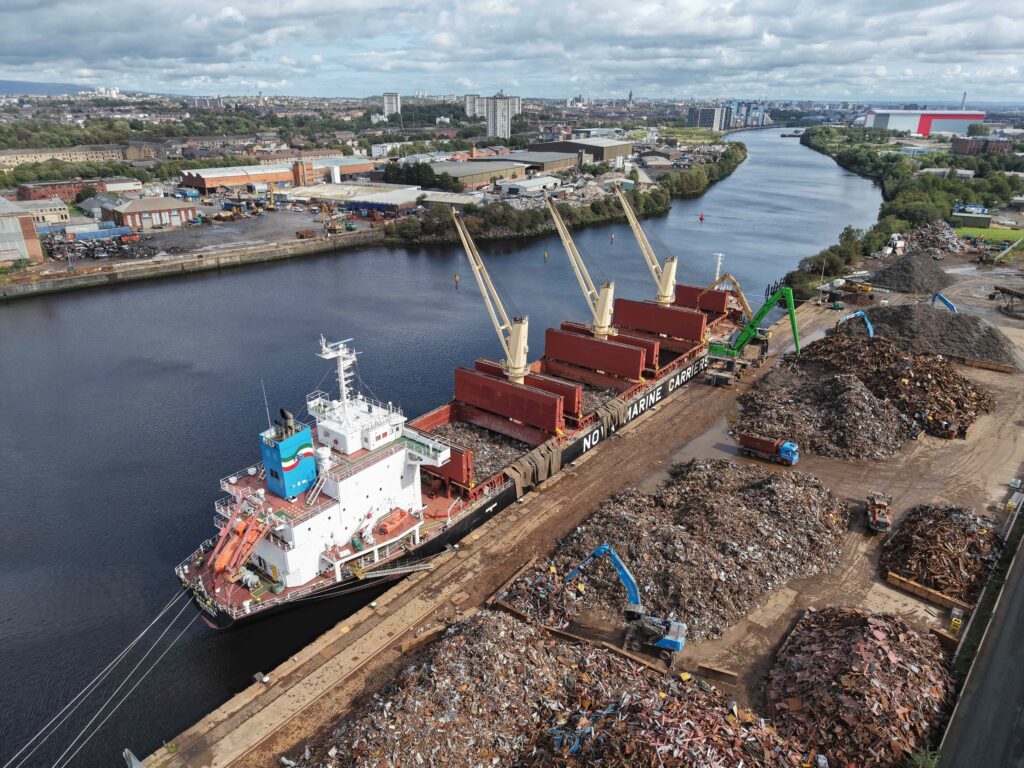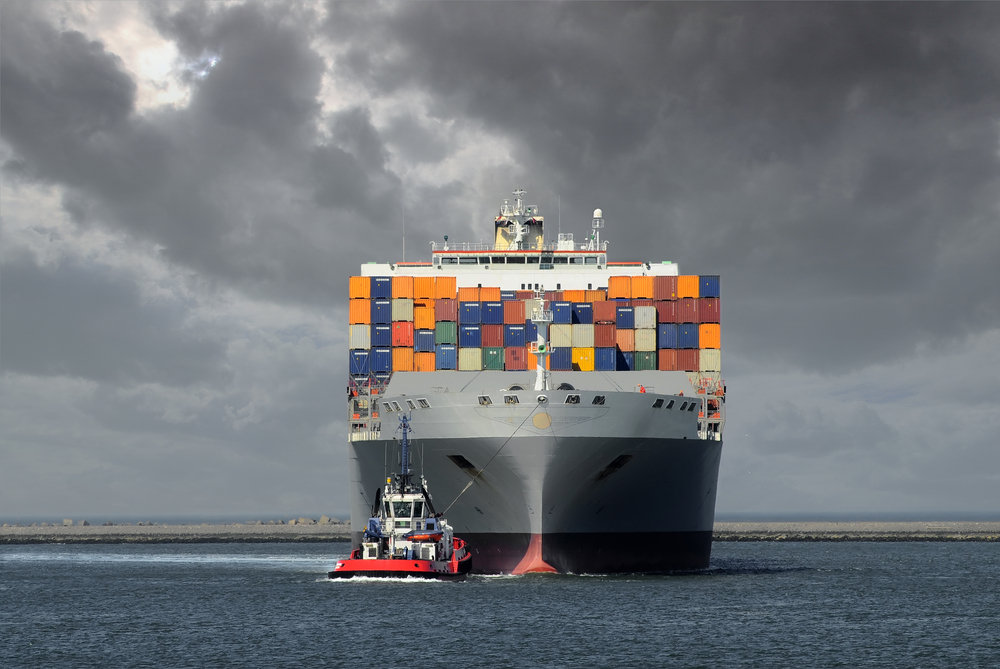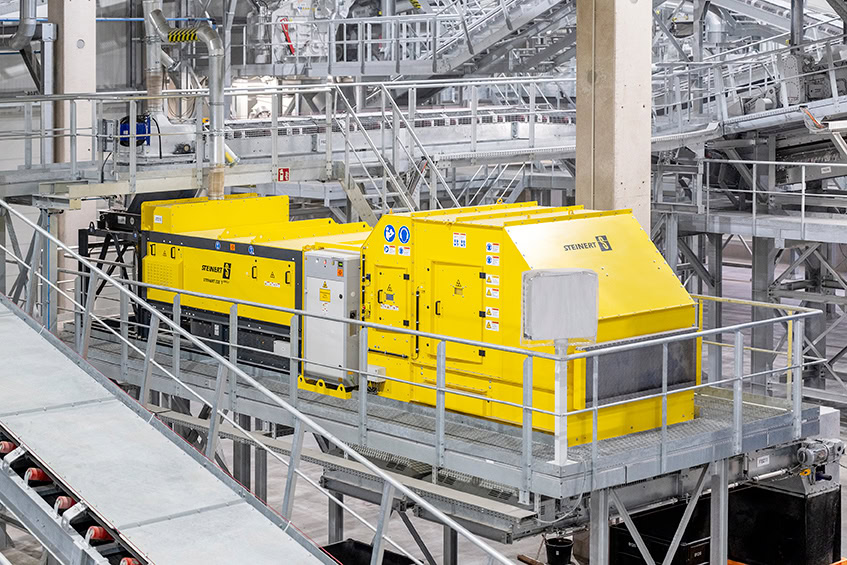While the Department of Trade and Industry is still not releasing a date for the legislation to be laid before Parliament, informed sources suggest that this could happen around the end of the month.
Government departments, motor manufacturers, the metals recycling sector, vehicle dismantlers and the DVLA have all been involved in long discussions over the legislation which has been substantially delayed and is understood to have featured on ministerial agendas on a number of occasions.
In the UK, about two million vehicles are scrapped each year with between 75-80% of their materials (by weight) being reused or recycled. The ELV Directive introduces producer responsibility for achieving certain recycling targets as well as environmental standards for the storage and treatment of ELVs.
The legislation due out shortly is of considerable importance, largely because of the costs involved in taking-back ELVs. Consumers will have the right to take cars to a dismantler for free and motor manufacturers will have responsibilities for their own marques and so are likely to contract with dismantlers to fund recycling. The dismantler or metal recycler will operate as an “authorised treatment facility (ATF)” The ATF will either be contracted to a motor manufacturer(s) or operate independently.
The delay to the legislation is thought to have been caused by two areas of concern. One is whether there could be circumstances where the last owner of a car was charged by a dismantler for taking in the car. A second area of concern has been whether the uncontracted ATFs should be under any recycling obligation.
Charging
Under the terms of the Directive, the last owner of the car is entitled to “free take-back”, even when the ELV has no value. If this rule was interpreted strictly it could mean that every dismantler would be unable to charge for taking end-of-life car in for dismantling and recycling into scrap metal and other materials. There are arguments on both sides with dismantlers considering that such a rule would be unfair.
One view is that it would be acceptable for car manufacturers to provide a network of authorised ATFs so the last owner could take his or her car back to a dismantler in that network. But if the last owner decided to go to an independent near to his or her house, and was prepared to pay, then it would be fair to levy a charge, since the last owner could be saving time and travel costs.
Which way the government will decide remains uncertain.
Recycling obligation
The debate over whether or not an uncontracted ATF should be under any recycling obligation is a complex one. Those who consider they should be under an obligation consider that this group of dismantlers should play their part in pushing up recycling rates as they are part of the vehicle chain.
Those who consider there should be no duty to meet any targets argue that the ELV Directive involves producer responsibility and that the dismantlers have no producer role.
Welcome
Duncan Wemyss, secretary of the Motor Vehicle Dismantlers Association, said he would welcome publication of the legislation. “The sooner we receive it, the more time people have to plan and that must be the right thing. But, given the amount of time the government has been dwelling on the subject I am sure they will want something they feel comfortable with before publishing it.”
On the charging issue for non contracted ATFs, Mr Wemyss said that he believed they should be in a position to charge. “With regard to imposing an obligation on uncontracted ATFs to meet recycling targets. I wonder if it is the intent of producer responsibility legislation to have it as a totally shared responsibility across all areas – waste electronics and ELVs for example. If it isn't then maybe the point should be addressed. Why should dismantlers have to share that responsibility if part of the WEEE chain doesn’t have that responsibility?”







Subscribe for free